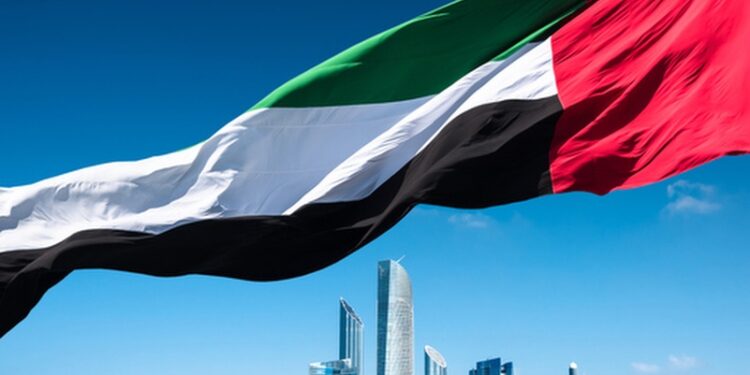The United Arab Emirates (UAE) has pledged to reduce greenhouse gas emissions by 47% from 2019 levels by 2035, an increase from its previous target of 40% by 2030. This new commitment outlines sector-specific reductions, including substantial cuts in buildings (79%), waste (37%), and industry (27%), signifying a gradual shift away from fossil fuels. However, critics highlight that the UAE’s continued investments in fossil fuels and the exclusion of exported emissions raise concerns about the plan’s credibility.
Announced ahead of the upcoming COP29 climate summit in Azerbaijan, the UAE’s updated Nationally Determined Contributions (NDCs) make it the first major emitter to submit new targets before the February 2025 deadline. These goals aim to reduce emissions from 196.3 MtCO2eq in 2019 to 103.5 MtCO2eq by 2035, aligned with the UAE’s net zero goal by 2050.
Sector-Specific Goals:
The revised NDCs include:
- Buildings: Aiming for a 79% reduction to 15 MtCO2eq.
- Waste: Targeting a 37% decrease, lowering emissions by 1.8 MtCO2eq.
- Industry: Setting a 27% cut, down to 68 MtCO2eq.
- Transport: Aiming for a 20% reduction to 24 MtCO2eq.
- Agriculture: Planning for a 39% reduction, equivalent to 1.6 MtCO2eq.
This updated approach marks a shift from previous business-as-usual metrics to a base-year comparison, offering stricter targets and clearer assessments.
Energy Transition and Financial Commitments:
Despite ambitious climate goals, the UAE remains one of the world’s top oil producers and plans to increase fossil fuel production by 2030. Before COP28, the UAE’s national oil company allocated $17 billion for offshore gas projects. At the same time, the country is investing in solar, waste-to-energy, and nuclear power to support its transition, though these fossil fuel commitments raise doubts about the viability of its climate ambitions.
Global Context:
The UAE’s NDCs are a crucial component of the Paris Agreement, which aims to cap global warming below 1.5 degrees Celsius. This plan will test the commitments made during COP28 to phase out fossil fuels, highlighting the global challenge of balancing climate goals with economic reliance on oil and gas.






